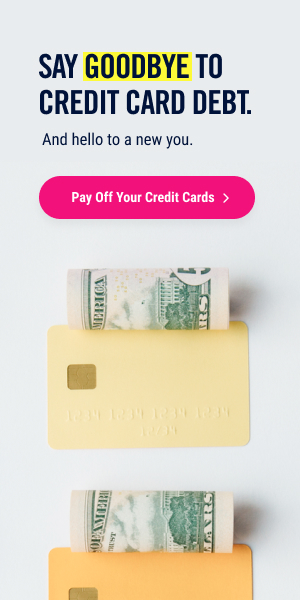No one wants to file bankruptcy. But when the bills become overwhelming, it becomes the best option for some. Or does it?
On an unusually warm and sunny afternoon this past September, I found myself sitting in the home office of a bankruptcy attorney in a suburb of Seattle. I thought I was in over my head with all the money I owed — 4 different student loans, several maxed-out credit cards, and a charged-off card from the days when I was a broke waitress after college and couldn’t keep up with my bills.
Bankruptcy can be a solution for those who are drowning in payments and can’t keep up. There are 2 kinds of bankruptcy for the average consumer: Chapter 7 and Chapter 13. In Chapter 7, most of your debts are completely wiped out, though this is reflected on your credit report for several years. In Chapter 13, you arrange a plan with your creditors to pay pennies on the dollar for your debt over the course of 3 to 5 years, and then whatever is left is dismissed.
Here are 5 things I thought about while trying to decide whether or not I should file bankruptcy. If you’re considering filing bankruptcy, you should think about these 5 things too.
1. Your credit report will be impacted for several years
When you file for a Chapter 7 bankruptcy, it remains on your credit report for 10 years. With a Chapter 13, you pay it off sooner, so it only stays on your report for 7 years. This can make obtaining new credit really difficult.
A few ways around this are reaffirming your car loan — continuing to make payments on time can help rebuild your score. You can also get a secured card with your bank to help build credit — a local credit union is usually your best bet for this. Don’t even think about opening any offers for credit cards you get in the mail when you file, though — your mailbox will be full of them, and the idea of bankruptcy is to pay your balances down, not to let them keep adding up.
2. Your family might be affected
Did your parents help you co-sign your car loan , or a personal loan? If you’re making hefty payments and using bankruptcy to eliminate them, the burden of the loan will fall into their lap, which will impact their credit score and could impact their ability to get or eliminate credit. If you’re planning to file, definitely communicate your plans with them first. If you’re drowning in debt, they may be able to offer to help you first.
3. Moving might not be an option for a while
When you file for bankruptcy, your credit score will take a huge hit. Doing some savvy research and due diligence can help you restore your credit score within a few years, but keep in mind the bankruptcy will stay on your report for much longer. Until your score has recovered, mortgage lenders and landlords could view you as too risky and deny you housing as a result. Before you file, be sure you live somewhere you’re planning to stay for the next 3 to 4 years.
4. You’ll need to stop using credit — right now
When you file for bankruptcy, a person called a trustee manages your case on behalf of your creditors. Some trustees can be more invested in the case than others, especially if they can collect assets from you for which they earn commission. They’ll also decide if certain debts may not be discharged, especially debts you incurred within the previous 3 to 6 months you filed.
If you’ve been racking up charges on a credit card or just took out a new loan, it’s likely you’ll still be on the hook for that if you file now. If you’re planning on filing, you need to stop using any kind of credit entirely for about 6 months before you file to ensure that as much debt as possible can be discharged.
5. Bankruptcy doesn’t mean you’re a bad person
All that said, if you’re thinking about filing for bankruptcy, don’t let the credit implications scare you. No one needs to know about your situation except you, your attorney (and yes, you should have one, as the paperwork can be overwhelming and confusing) and the court.
The total debt owed by U.S. consumers is $11.91 trillion, with the average American carrying $15,355 in credit card debt. You’re not alone, and bankruptcy exists for a reason. If you have any doubts about whether you should file — or even if you qualify (there are income limits to file a Chapter 7) — consult with an attorney.
Following my meeting with the attorney, I did more homework. After making a few phone calls and moving around some money, I ultimately determined that I didn’t have to file for bankruptcy. Since then, I’ve raised my credit score by over 100 points and I live entirely without credit — though I’m still paying for it.
Written by Kelly Clay


